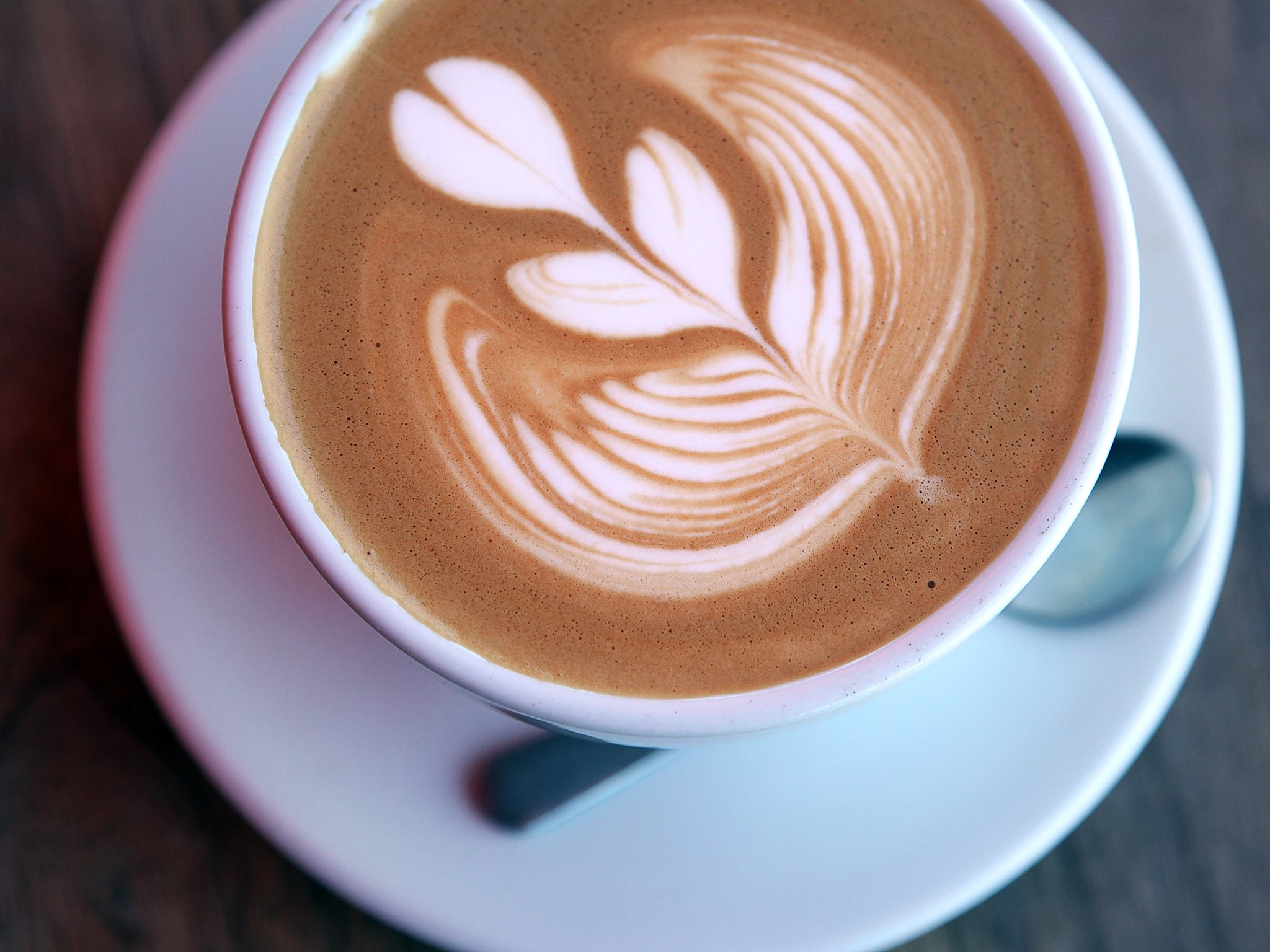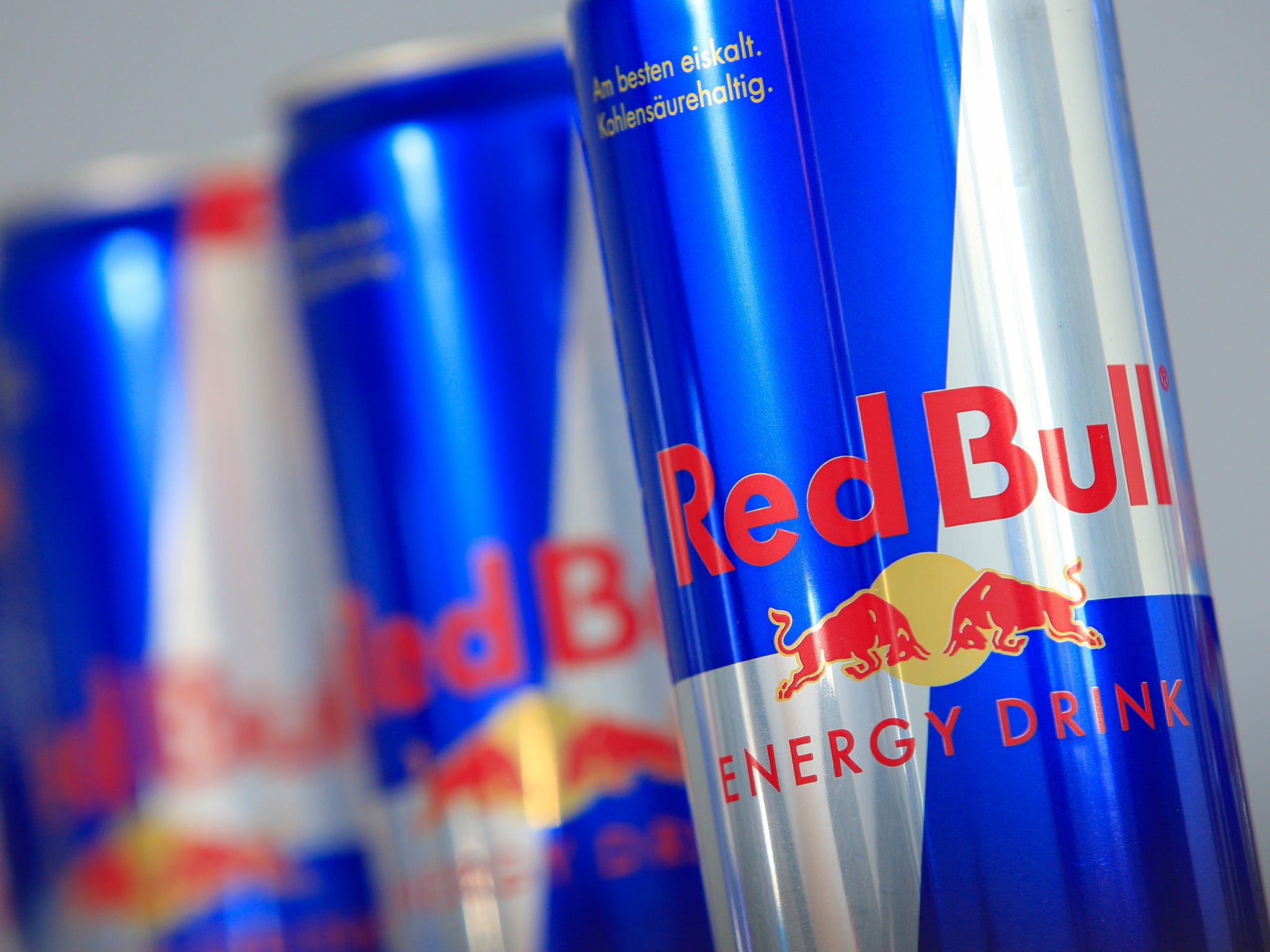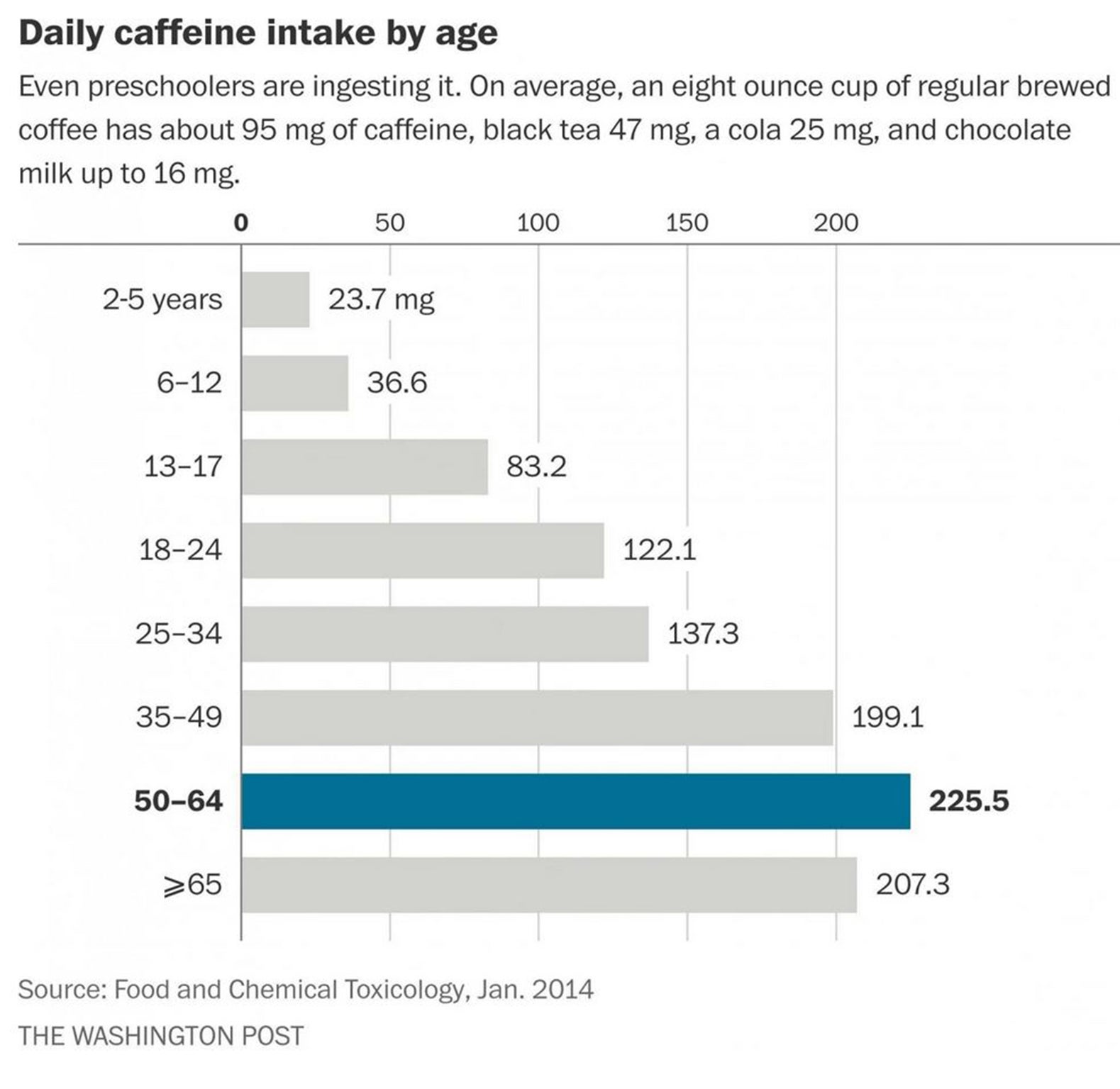Thousands overdosing on caffeine as coffee crisis sparks call for urgent action
Caffeine has become an obsession that comes in all shapes and formulations

Your support helps us to tell the story
From reproductive rights to climate change to Big Tech, The Independent is on the ground when the story is developing. Whether it's investigating the financials of Elon Musk's pro-Trump PAC or producing our latest documentary, 'The A Word', which shines a light on the American women fighting for reproductive rights, we know how important it is to parse out the facts from the messaging.
At such a critical moment in US history, we need reporters on the ground. Your donation allows us to keep sending journalists to speak to both sides of the story.
The Independent is trusted by Americans across the entire political spectrum. And unlike many other quality news outlets, we choose not to lock Americans out of our reporting and analysis with paywalls. We believe quality journalism should be available to everyone, paid for by those who can afford it.
Your support makes all the difference.There was a time when getting your daily dose of caffeine meant a simple cup of coffee or tea.
Poured into a ceramic mug, the steaming liquid tended to be enough to give most people that extra burst of energy to get out the door. Back then, you'd have to drink a heck of a lot - 81 cups of brewed coffee, or 317 cups of black tea, for the average 195-pound U.S. male - to reach a lethal dose. So while you might still get the occasional shakiness, nausea and fast heartbeat associated with ingesting too much caffeine, you were highly unlikely to die from it.
But somewhere along the way, caffeine became an obsession, a need for many Americans; and an entire industry sprang up to try to make caffeine ingesting more efficient.

Today, caffeine comes in all shapes and formulations - Red Bull and Monster energy drinks, "Stay Awake" pills, Jolt gum. The most potent form, the pure powdered kind that's meant for people to mix into their food, is sold in bulk in bags or canisters that can cost as little as $10 per pound. A single teaspoon can be packed with as much caffeine as 28 cups of regular coffee.
The new products have led to an alarming public health development in recent years that was unheard of in the many previous decades that people enjoyed caffeine: a rash of thousands of overdoses and reports of addiction and withdrawal.

While rare, there are even deaths: A 14-year-old with a heart condition died after going into cardiac arrest shortly after she drank two caffeinated energy drinks in 24-hours. A 19-year-old Connecticut resident who took a dozen caffeine pills. And a healthy Ohio teen who was a high school wrestler died after consuming powdered caffeine.
The Food and Drug Administration has been so alarmed that it's mounted an aggressive effort to warn consumers about the risks of caffeine products and to take manufacturers to task for the way they are marketed.
In 2012, the regulatory agency began investigating the deaths of 13 people preliminarily linked to the dietary supplement 5-hour Energy, which contains caffeine among other ingredients. In 2013, FDA talks with the Wrigley prompted the company to stop making its caffeinated gum. In its latest action on Tuesday, the agency warned five distributors of pure powdered caffeine that they are selling products that are "dangerous" and "present a significant or unreasonable risk of illness or injury to consumers."
"The difference between a safe amount and a toxic dose of caffeine in these pure powdered products is very small," the FDA said. "Furthermore, safe quantities of these products can be nearly impossible to measure accurately with common kitchen measuring tools."
A bitter white alkaloid, caffeine is found naturally in the beans, leaves and fruit of more than 60 plants, and it is by far the most widely consumed psychoactive agent consumed worldwide. In the United States, 85 percent of people are estimated to consume caffeine at least once a day. This number includes children under age 18 who mostly get their caffeine in sodas. Even preschoolers are ingesting it, studies show, and the likely culprit is chocolate milk.
When it's taken in moderation - usually defined conservatively as the amount in one to two cups of coffee a day - most researchers have concluded that caffeine presents little to no risk to people's health. In fact, some studies have found that the stimulant may have some protective effects from diseases like Parkinson's and cancer.
But when used in excess caffeine can be deadly.
In recent years, hospitals have reported an uptick in cases of caffeine overdose in emergency rooms and this year from Jan. 1 to July 31, poison centers across the country logged 1,675 reports involving energy drinks. Nearly two-thirds were in children 18 and younger.
The issue is so much on everyone's mind that in 2013, when the new bible of American psychiatry - the Diagnostic and Statistical Manual of Mental Disorders, or DSM-5 for short - was released, "caffeine withdrawal" was added as a bona fide mental health disorder - a move that practically guarantees billing codes for insurance company reimbursement.
One doctor in Baltimore, Roland Griffiths, a professor of psychiatry and neuroscience at Johns Hopkins University School of Medicine, runs a caffeine withdrawal treatment clinic, using techniques similar to those for drugs, to wean them off the stimulant.
©Washington Post
Join our commenting forum
Join thought-provoking conversations, follow other Independent readers and see their replies
Comments